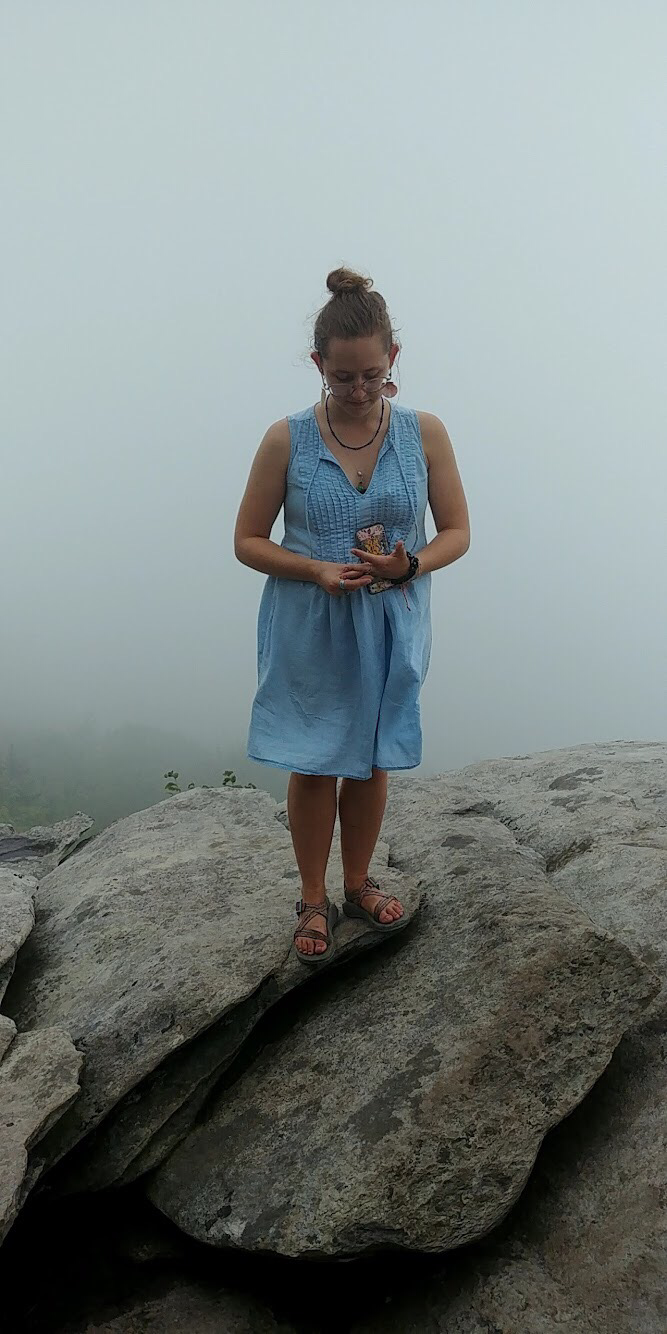|
As you might know, we are getting ready for planting down here on the home front! We're going down to the farm tonight! I'm so excited I'm basically bouncing off the walls. It's been a long time since I've gone down there, been very very busy with work. Next week, though, I am off all week! We're getting ready for global youth service day where my Edible Schoolyard dream project will come to fruition. So, in a few days I'll be starting the seed starting journey yet again--round 2 of 3. The plants from my room that I started a few weeks ago are now safe and snug in the back of my car nestled between three bags of Black Kow Manure and one bag of perlite. I did not secure the bloodmeal yet, but we still have hope tucked back in the store shelves of the Rural King. Just please, don't make me walk past another cute bucket of baby chicks again knowing that they can't all come home with me. Ha!
But what I wanted to talk about today was plant death, and mourning in general. Do you mourn for your plants when they go on to the great beyond? I definitely do for some of my houseplants, because they really become an extension of myself, I feel. That might seem kind of silly, but then again, some people don't even mourn their pets when they cross the rainbow bridge (which is hard for me to grasp). However, with this batch of plants, I knew that not all of them were destined to come down to the farm to live. And today, about twelve little pots sit before me with dried up little sprouts resting over the edges. Now, some of these I'm a little upset over. A few of my Atlantic Giant pumpkins didn't make it, of which I only had five, leaving me with three more vines--three more chances for a big pumpkin for the state fair. Some of my starters were a single pot of a single seed variety, and alas, did not make it, making me again, a little sad. But, I have to remember, this is what I planned for. I knew that not all of these would make it, and even still, in the end, all of them are annual crops which will die after the first few fall frosts. Sweet little babes. So I was thinking, farmers and gardeners bring so much life into this world, yet we also watch day today as it slides through our fingers, back into the soil which we work, back into the earth from which all Earthly life springs. We are both the midwives and the undertakers of the plant world--and even the animal world. As I look at these twelve empty pots I am not sad. Lately, I've been sad a lot--not the kind of sad where you cry it all out and at the end there is that beautiful golden sunlight that I promised comes afterward. You see, I have pretty bad depression. I've had it for a few years now and lemme tell you, it's about a bitch and a half--no! Two bitches! A classic two-bitch stuck-in-a-ditch kind of day. Except it's every day. It makes it hard for me to get up in the morning, to go to work, to go to school--everything. But the good thing is I'm getting help. That's the important thing in life; recognizing when you need help. Tell somebody, but know that it might take a few tries until you find the right listener. And always remember, when it comes to plants, have extras and enjoy the feeling of Samsara--the cycle of birth and death, creation and destruction--the constant cycle of life.
0 Comments
I have a lot of passion for my work, which gives me a lot of weird inspiration day to day. The people who I work with are tiny little mini-monsters--very smart, but just wild. If you haven’t guessed, I work with kids. They are absolutely the light of my life, but they are a lot sometimes. Every one of them is a unique little ball of fire that burns like one of those fire tornado things, like that one character from Looney Toons--the Tasmanian Devil! Yes, that’s him.
I work with kids because they are probably the most interesting people you could work with, but another reason I really wanted to work with kids was because I wanted to inspire them. I’m so grateful to the education coordinators at my works, my bosses, because they really understand how to inspire kids with fun lessons and games, and they work with our kids to let them learn in the ways that they learn easiest. You see, people learn in unique ways. Some people are visual, meaning they respond to vivid images and often learn better when they are drawing. Some people are auditory learners, meaning they respond well to people’s voices and do well with the call and response method. Others yet are kinetic learners, meaning they learn well when they are moving or playing games. Some people have sensory deprivation and need extra stimulation to be receptive to information. The information we teach are not as important as the inspiration we try to give in our lessons. It’s not so much that we care about kids learning what bird makes which call, it’s about letting them learn to listen to the forest. But I do wonder as a teacher, how do our impressions come off to the kids, how do our lessons affect them. I’m not wondering if they see me as a great teacher or a wonderful person. What sticks in my mind about a lot of my teachers is how they hurt me with their criticism. I don’t want to be that teacher. I want to my students know that they have the power to do amazing things, they have a light inside them. But, with that said, I want to be able to validate their feelings. It’s a tricky task for anyone, but I’m learning that through three years as a teacher, it gets even harder. I never knew about the emotional toll it takes to keep up this roll for days on end year after year, so I applaud all the teachers I have had whether or not I previously thought they were good or bad teachers. It’s such a hard job, and I don’t even work year round for a full school day. I work at a daycare and an educational nature center. Additionally, teachers have to deal with discipline. To balance discipline with being an inspirational, validating role model is perhaps the hardest thing I’ve ever done in my life. And I know it’s true that you just do what you can each day and hope for the best, but I just kick myself every time I have to take a moment for myself or when I think I get harsh out of exasperation, thinking that these kids deserve more, they deserve the world on a platter because, after all, the world will someday be theirs. But then, I hear the voice of one of the most inspirational people in my life, the supervisor at my first job, saying that you have to take care of yourself first, because if you don’t who’s going to take care of you, and you won’t be able to be there for them. If you truly love them, love yourself a little too. Even when it’s really hard, remember that you are worth it as a human being, and you have the ability to take a moment and think about the good things. The thing is, that I just keep going back to this worry, that one day, these kids are going to get their feelings hurt, or are going to god forbid get physically hurt. I freeze, and think about how I won’t be there to hold them while they cry, I won’t be there to tell them that they’re strong and that they have the power to love themselves, that nobody can knock them down, but that yes, it’s OK to cry. And as Ron K Brown said, “you cry and cry and with the last tear, there’s sunshine. Cry, it is cleansing.” But we do what we can, we build them up now so that when life comes and chips at them, they will be protected. But should we protect them like this? Some people say that life’s harshness polishes you like a shell in the surf, that life’s hammers break off your protective shell to show the gold within. Why should we hide this gold? Why should we protect them from the rough sand that makes them shine? Sometimes I am at a loss for what to do. There are so many methods, so many techniques for how to raise children, how to teach them. How do we digest all of this information and pick out the pieces that we think will work, that we think will be helpful? In all honesty, we do what we can. I cannot give any other advice than this. Do what you can each day, and breathe through the day thinking about all the wonderful things that are going to happen to these kids one day. One day, they’re going to draw their favorite picture and others will marvel it. One day, they’re going to overcome obstacles, they’re going to see beautiful sights, they’re going to fall in love. One day, they’re going to have their own kids, and they’ll have ups and downs trying to raise them, and their kids will love them. Don’t think about the bad things, it’s part of life. Life, to be real, has beauty in all its forms. Even in ugliness there is beauty. Live life, there is only one. Today, as I was doing my critter care, I got to do some checking up on my boys. I call them my boys even though Puff (the magic dragon) is a girl, because when I got them, I was told they were both boys. However, about a month ago, Puff laid her first clutch of eggs, proving that she is indeed a girl. I've been noticing that she has gotten a little bit more plump lately, and checked her today, and new eggs are visible under her skin! It's been really cool to watch them grow, and to see them develop into adults. The first clutch of eggs is usually infertile, and I didn't know how to incubate them properly, but this time I am ready! Puff will lay her eggs and bury them under a mound of sand, and I will sift them out with my scooper to place in the little incubator I made. I have a little rubbermaid container that I poked holes in and will put a little bit of bedding in, along with a warm sea sponge for humidity. Then, if they make it, 6-12 weeks later I'll have baby geckos! If you have experience in this, I'd love to know your tips and tricks! I'm not set on more geckos, but would love to welcome them if I am able to get them to hatch.
Love and Blessings, AugustLee For the past few days, I've been a little sick and have just been very behind in all of my little chores and things. Chris and I are getting ready to do our planting, which gets me very excited. His land is pretty much virgin land and has gone into pasture for the time that he's been there, so it's going to be very interesting seeing how the soil behaves this year. I'm thinking we're gonna want to get some manure and some blood meal fertilizer just to give our soil a little boost. I'll probably also pick up a couple packages of earthworms to throw in the mix just to see how it bolsters our growth. I was listening to a talk from Joel Salatin about soil, and he was talking about land that lay in waste.
Joel is one of the US's most inspirational, unconventional farmers. I use the term unconventional not to mean that he's quirky or different (which I believe he is) but because he really works from an ecological point of view. This is very different from conventional agriculture because conventional agriculture is more about working by whatever means humanly possible to produce more product and a more uniform product. The conventional method of agriculture deals more with aesthetics than with natural beauty--conventional agriculture is one era of humanity's idea of beauty. This type of agriculture is BIG agriculture--the type that comes with a lot of land, a lot of machinery, a lot of chemicals, and a lot of borrowed money. It is also the type of agriculture that gets the most governmental subsidies. Ultimately, it is the type of agriculture that is rough on the earth. Now, from my studies as an agricultural student, I've learned the earth is not looking for a rough body-building coach that can change the way it is and revolutionize it to become Mr. Universe. That's not how the earth works. Now, it does need nutrients, especially when we as farmers grow things that use up those nutrients, but the thing is that there are ecological ways to remedy this. One of the token methods of maintaining nutrients is intercropping. This means companion planting, or planting crops that put in nutrients with things that take out nutrients. Corn, squash, and beans are probably the most popular form of intercropping, and one of the oldest on this continent. Native peoples used this method for thousands of years, and never needed pesticides and industrial fertilizer. So this is my philosophy: to work with the earth in an ecological manner. I'm still learning a lot--there's no pretending that I know everything there is to know about working with soil, and to be honest, I probably don't even know a lot. Therefore, we start with what we know and gradually learn. Back to Joel Salatin. When he was a little thing, his family moved to a plot of land that was rough, laid to waste. Back in the 1930's the conventional method of agriculture met an ecological crash with the dust bowl. From decades of tilling the land and tilling it hard in aesthetically pleasing plots, the topsoil was basically regolith. It was not a living entity, and multiple feet of earth blew away in the wind. That's multiple feet down, across the midwest and western US. It was 850 million tons of topsoil (Kinsley Library). Vast expanses of land were laid to waste. And this broken down, dead earth was the earth that Joel moved onto. It takes time to heal. Through years working to build up topsoil and let the land heal, the land was transformed of its own accord. One society nowadays is fast moving. We are obsessed with immediate results. In some ways, this gets things done, but when does motivation turn into addiction? Our lives move so fast, sometimes I think we barely have time to live them. This brings me back to my Tuck Everlasting dream, which I've written about in previous posts. How would we as a society act if we had all the time in the world? Now, there's a lot that goes into this question. Sometimes, I think our society believes we DO have all the time in the world, and we just go on living in this fast-paced manner, creating artificial deadlines for ourselves, and therefore pushing ourselves and pushing ourselves like conventional agriculture pushes the soil. When will our dustbowl come? When will we realize that we have become regolith, and are no longer really living, no longer working in tune with each other? We need to slow down and look at each other and really connect deeply, set roots, and just live. It may take time, but I think we can do it. The kicker is that we may have to work for years--decades without seeing any results. But it will get us clean from our addiction of immediate gratification, and allow us to have gratitude for all the little things in life. We must give ourselves time to heal, and will therefore heal each other and learn to know ourselves. Love and Blessings, AugustLee Several years ago, one of my friends gave me a beautiful bookmark from one of her travels. She had gone to Egypt to see the Sphinx and the pyramids, a place I imagine deep within my dreams. I didn't use to use bookmarks, but when I met my human, Chris, he was appalled that I dog-eared my pages. How could one mark up such a sacred thing as a book?! Keeper of words, teller of stories from lands through time--journeys through other people's minds. Books are my lifeblood, and I was so tickled to fall in love with another being who shared my passion for reading. I would come home to him, reading by candlelight in the bed. This is the stuff of my dreams, only it's real. He's cool, definitely a cool person, my sweet sweet human!
Therefore, I started using bookmarks. A little thing, but a holy little thing. The good thing is that he doesn't care that I write notes in my books, highlight and the like. I get really excited when we find new books that are just so good we have to share them with each other. One such book he and I recently read was The Road by Cormack McCarthy. Thank god for the book section of Goodwill, right? The Road really sparked our inspiration for preparing for disaster. What would we do if we were alone together at the end of the world? What if we had all the time in the world and none? We would survive--survive, read, live, and get lost in the new world until we became the world. Do you ever wonder how you would look at the world if there was no more electronic communication, no more electronic technology to hold the pieces of this world together? I don't believe it would fall apart so much as that it would change. Life, at my first thought, would be about the things that really matter. Only, that life is made up of so many little things. A book that really made me question what matters is Reading Lolita In Tehran by Azar Nafizi. Life, there in Iran was imaginably being ripped apart at the seams, but the living parts of life remained. Sometimes the things we think matter aren't really the things that matter at all. Life is so damn complicated sometimes (excuse the language, it helps to fluff up the colour of my writing). One book I would absolutely recommend is Habibi, a graphic novel by Craig Thompson. While very triggering, it pulls open these living parts of life, in the midst of a desert aboard a ship encased in sand. It shook me to my core, and I couldn't pull my eyes away--the way you can't pull your eyes away from a terribly painful memory. Inside this memory, one stands in the shadows, gently fingering the picture as if it is made of onionskin paper, just wanting to reach out and protect them self, their past self. But one must watch the memory happen, and feel all feelings, lest they break the thin paper protecting the balance between the here and now. It's hard, sometimes, to watch. But it is human. To be human is to feel all feelings. So I sit here, looking at this Egyptian bookmark, wondering the stories it has to tell after being stuck in the middle of so many stories, so many pages. I run my fingers across the papyrus and think how truly lucky we are in this life to have stories. So I'm reading this fabulous book, Eat, Pray, Love, that is totally life-changing. I've been reading it for a while as one of my for-pleasure-midnight-binges--one of those books that helps you when you're so tired but just cant sleep. I remember loving reading from the moment that reading skill clicked when I was in Kindergarten. I was reading some random book about a girl who grew green beans. That magical moment started it all. From then on, I was a reading-machine. Now, today, technology moves very fast. So fast that many in my generation cannot conceive of what life was like before technology. We do not read books to fall asleep. We stay up very late on our phones looking up random things, listening to ASMR to fall asleep. But I still remember the days of reading to fall asleep.
I remember lying on my back with my little timer flashlight that would go off every three minutes, and when the batteries ran out, I remember reading in the dark. I remember howling in tears when that flashlight broke and my Daddy couldn't fix it. My parents always used to say to never read in the dark, "you'll ruin your eyes!" But I did it anyways, and paid the price with my eyesight, cursed forever to wear my amazingly beautiful glasses (My truest love). One time a friend asked me what I wished for when we were watching shooting stars. "You know, I wish that someday, when I go to Heaven, that God lets me bring my glasses." Oh yeah, them storybooks be bullshite! Ain't no way I'm going to heave without em! But I guess I've got forever to figure that out. Anyhow! So I'm reading Eat, Pray, Love, by the fabulous Elizabeth Gilbert, and now I am completely obsessed with Italian. The language. As she describes the words, each one is like a beautiful truffle. Now, I've been vegan for about a week now, so truffles are off my list, but if I can't get to them, you sure as heck can bet I'll be scarfing down Italian words to fill my life with sweet richness. We all need a little bit of that in our life, now don't we! So she goes to Italy, her first stop on a year of self-revelation abroad, and here she divulges in passion--the passion of words and of food. Now that I can jive with! She delves deep into Italian phrases and cracks them open to pour into her life. So as I was reading today, I paused on one of her phrases, "Parla come magni" "Say it like you eat." And I thought, what if we all talked the way we ate. Jesus, I would eat a ton of food! Such richness--I long to fill my entire life with this richness. Yet, with my poetry, I talk like rocks--inedible, mineral, coarse--salty. Sal-tay bay-bay! However, I long to eat very clean and very slow. The slow food movement, if you will. So far, This week I have eaten SO clean. I'm pretty proud of myself. No dairy, no eggs, no meat--excepting fish, which I know that mercury content... I've also been working out a lot lately, a big move for me. Working out is like fueling up to me. It is rough and animal, primal. If I talked like I exercise, I would move to be straight to the point, on it with every word, chaining phrases together like it was nobody's business. It'd be my business. And so, I believe on the menu of my dialect--my own communicative repertoire--We start out with a slow, clean thesis, a greeting, a welcoming, before busting into a richness of delicacy for a main course. Follow it up with something salty for a poetic middle, and a rough and tumble, to-the-point second course. I gotta have a palate cleanser, a smooth transition to the richness of a post-workout smoothie (My own version of Liz's gelato). The transition adds clarity and hi-lights the points made previously while acknowledging and thanking them before letting them fade away to make room for the silence that occurs between meals. Silence, my friends, goes a long way. Now, Where do we find silence in our writing? In one way, you could assume that it is omnipresent, considering you are reading within your mind. In another sense, it is nowhere, considering the constant stream of thoughts inside your mind--the words from the page, bouncing around, dancing together until the meaning shines through. But silence abounds within writing. There is silence between each word, between each syllable as you read. everyone reads at their own pace, adding pauses where the reader deems them needed (#deathoftheauthor). There are various sizes of silence--minute ones mentioned before, great ones like those at the end of a chapter. There is this beautiful silence once a point has finally been tied off like a knot, finally been found forever within word. This, followed by the gentle sway of the palate-cleansing transition. So, "Parla come magni". It's much more complicated than you think. My thoughts are always tied up and twisted like a delightful spaghetti, twirled together on a fork, and always a heaping mouthful. But for me, reading my own writing leaves me satisfied. Do we really talk like we eat? Can we move to talk like we eat? I have this fantasy of a life where time is irrelevant--something like in Tuck Everlasting. In this life, I would talk more slowly, with more thought. Though I have to stop myself, would I really? In reality, I am a ravenous writer. I write like my dad eats, I write like the tenth child at a table with 12 people and limited food. And I think, if I had all the time in the world to write whatever, to think whatever, I would only write more. Literary obesity. And I would revel in it. Wow, do I sound hungry? Ha! I promise that I'm not! Hungry for more words. I will always be hungry for words, for thought. What are you hungry for? Today was a downright beautiful day! Despite the cold and the fact that I fell over in a full on yard sale maneuver in the Lowes parking lot, ha! Today I had an important interview, more on that in exactly one month, but it could take me somewhere very special with some pretty special people. The interview went amazingly well, and gave me a great confidence boost. It makes me want to get out into my garden and sing, and spend some time out there just listening and enjoying the air, but, I'll wait until the weather looks a little bit more bright.
I also got some time to do some embroidery today (took a day off on quilting)! One of my favorite things! I keep looking for my big embroidery, but somewhere in the move I must have packed it away. I'll find it one of these days. Anyhow, I started a new one, a handkerchief for the people at White House on the Hill for the box of goodies I'm sending to them. Any recommendations for things to add? I added the pictures of it so far in the picture section of the blog. There's a chicken and a peacock, and I definitely plan to make more of the chickens for my fam. Also, if y'all have any recs for things I should embroider, please let me know! In the mean time, my diet was kind of a flop this week. Well, nothing to do but to try again! Fresh fruit for tomorrow! Strawberries, blackberries, raspberries; all my faves! I also cooked up some really good multi-colored carrots the other day. Used apple cider vinegar, manuka honey, bee pollen, lemon juice, and--oh what did I use? I think some apple juice. Well, that's all for now, off to bed before work tomorrow, big day ahead! Today, I did a lot of work on the quilt and finished a knitting project that I'm sending over to my favorite Youtube channel, White House On The Hill. They are a homesteading channel and focus mostly on raising fowl; they raise tons of chickens, turkeys, ducks, recently hatched peacocks, an emu, and have pheasants. I would definitely recommend watching their channel if you're a fan of homesteading, are homesteading, or wish you were homesteading. You will be hooked! I made them a yellow mini-blanket either for your lap, their new baby, or for one of their cats. It is in the ginkgo leaf stitch, which I really love and shows up best in solid-colored yarn. It was very cute, will post a pic!
As far as the quilt goes, I now have four tiles completely finished and attached, then have a sixth with the yo-yo's completely finished, which I think I will use the dark blue yo-yo's for the outside (because the center flower is for the outside tiles). I thought I would have enough of the one fabric, which was a single pillowcase from goodwill, to make 10 flowers for the center, but I think I will only have eight. I will probably use some of the other outer flowers for the center flowers though. But for now, I just have to keep yo-ing on! So, for the past few weeks I have been trying new things to better myself. I'm mainly trying to go back to being vegan--which I was for five years. When I stopped, I gained a lot of weight, not gonna lie, it was a bit. I think my body doesn't really do dairy well, so that's my main target to work on. However, in the three weeks I've been on my diet, I haven't lost a single pound. So, this week I'm trying something new. No sugars except natural sugars, no processed foods, no dairy, no meat. This is what I want to do for one week. I'll let y'all know how it goes!
The past few days have been very peaceful down here on the home front. I've been doing a little research into homecoming lately--not the homecoming with the fancy dresses and the sparkly tiaras, not the homecoming with the mini school buses painted in university colors and thousands of screaming fans at football games, but coming home to where you're from. Now, where you're from might really mean a football stadium at a university, it might mean your hometown, it might mean your adopted-home town. I've learned that going home means a lot of different things to different people. To me, homecoming means getting out of the city, which might seem kind of hypocritical since I was born in one of the biggest cities in the US of A, Atlanta. But in my homecoming dream, this home out of the city, into deep rural America, is where I'm meant to be. I wrote a poem a while back called Dirt. I feel it really encapsulates how much I love rural life and how it is a part of me. You see, when I was little, my Mom read us the Little House stories--stories about life on the prairie, life in the forests--and I always thought that was what real life was supposed to be. I was entranced by the past, by the dustbowl and the Oregon Trail. But I grew up in the city. We never went camping, never fully dove into wilderness. Yes, we went on nature escapes to North Georgia every summer to see Unicoi and the beautiful start of the Appalachian trail. But that was just a fun vacation. Real life meant going to ballet class and school, sitting in traffic, my Dad catching the bus with our neighbor to go downtown, trips to the aquarium and zoo to see the exotic things... Life was NOT the exotic things. The exotic things were kept in their own little section of the world, safe from us and we were safe from them. Then one day my parents told me we were moving to Kentucky. And boy, what a head have I.
Moving to Kentucky to me meant moving to the most "hick" place in the world. Though, I was little and un-learned and naive about these things. I didn't realize that we would still be in the city--the glittering electric CITY with the traffic and the people and the shopping and tons of glamorous schools with all kinds of people. But I was a little girl about to have her whole world shifted. Gradually, I came to accept Kentucky, then to love Kentucky, then to leave Kentucky, come back, and never want to leave again. Kentucky is most definitely NOT the most "hick"place in the world. Granted, in my travels through the commonwealth, I have seen some pretty tiny places with people very different than myself. Many of these people don't have dishwashers and wouldn't trust one if it was recommended as the very best dishwasher in the world. But that's not my point. My point is, that I found my home. I found my home in what was once the great frontier. When Daniel Boone walked through the Cumberland Gap, he famously uttered the words, "Heaven must be a Kentucky kind of place." That I agree with. I didn't always think that, though. When I moved here, I thought I was loosing civilization, and along with it, the people who understood what civilization was. There's a lesson in that, I think we all could learn from. Not only are people's ideas of civilization radically different, but this radical difference isn't so important. We all have a home--even if we are homeless, we belong somewhere--be it in people's hearts, in a town or organization, a country, a house. We all belong to this earth--unless you're reading this somehow from another planet. I have found that I belong to nature. That is to be my life. A few springs ago, I read Wendell Berry's Home Economics which utterly changed my life. I looked around myself at the city with its glowing lights and its traffic, its cigarette butts and broken down houses, its throngs of people, and realized that I don't belong here. The city and I don't speak the same language. Furthermore, I realized that I am not whole here. That doesn't mean that the rural life doesn't have litter and broken down houses, because it does. It has a lot of problems. It's not some golden life I can just slide into whenever I want. I've learned it takes a lot of work and sacrifice, hard choices and long days. Now, I'm not there yet. I started to immerse myself in nature the summer after I read my first Wendell Berry book. I camped out for a week without my phone or any other technology, and just lived. I started planting big gardens. I looked at that life I had and realized it was a life I didn't love. I decided to become a farmer. When I went to college, I chose a school in a rural area and majored in Agroecology. But even then, Boone was a big place. Well, a little place, with a gazillion people. But I was still able to start learning about farming and start finding a life that I could finally embrace with a full heart. It was my dream. My dream brought me home, though, to Kentucky, to the city. And here I am, waiting for the day I will finally go home to rural Kentucky and build my house, have my family, and a little plot of land to call my own. In the famous words of John Denver, "Blow up your TV, throw way your paper, go to the country, build you a home. Plant a little garden, eat a lot of peaches, try to find Jesus on your own." Dirt And so, I’ll die a poor farmer woman, I’ll follow you into the fields, And never look back, Damn the rest of the world Damn the internet, Damn society, Damn it all. I’ll die a poor farmer woman, In your old, grey arms, Surrounded by our babies, And grandbabies, And maybe they’ll have babies, And you’ll carry me out in the fields, And place me under a tree, Without a box, Without a—doctor, Just let me return, To where I am s’posed to be. We’ll be dirt poor farmers, Dirt poor farmers with old draft horses, And work the land, And eat fruit from the trees, And smash it on each others faces, And be happy. And we’ll stay up late because we can, And point at the stars, And lay out in the tall grasses, And make loud, messy love, And wake up in the sunshine, And I’ll let you take my picture-- If you still want. And so I’ll die a poor farmer woman, Married to a poor farmer by the Father, And we’ll have babies, Without worrying, Like other people do, Because it’s us, it’s us, and we’re not like other people, We’re dirt poor farmers who sit in the fields and never worry-- No, we worry. We worry about the rain, And we worry about the deer, And we worry about the soil, And bugs, And getting sick, And staying warm. But—but-- I love you, damn it! And so, maybe I’ll die, A poor farmer woman, Bleeding to death in your arms, A dead baby stuck inside me, And you, bawling your eyes out, And I’ll ask you to kiss me to sleep, And I’ll be happy, I won’t worry, God lives in these grasses, And when it’s over, You can carry me out, And lay me in the ground, Without a box, And without a gravestone, And know that I am happy, To be where I’m s’posed to be. I am with you. Finally. |
Quilt Update!
IronweedDisco Chicken of Love
sTate fair ready!seed starting 2019ky state fair quiltWHOTH Embroideryseashell casTleswhoth blanketedible goodnessAuthorA sustainability major at U of L, beginning farmer, crafter, and writer. Archives
April 2024
Categories |
Proudly powered by Weebly
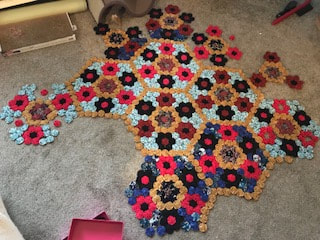

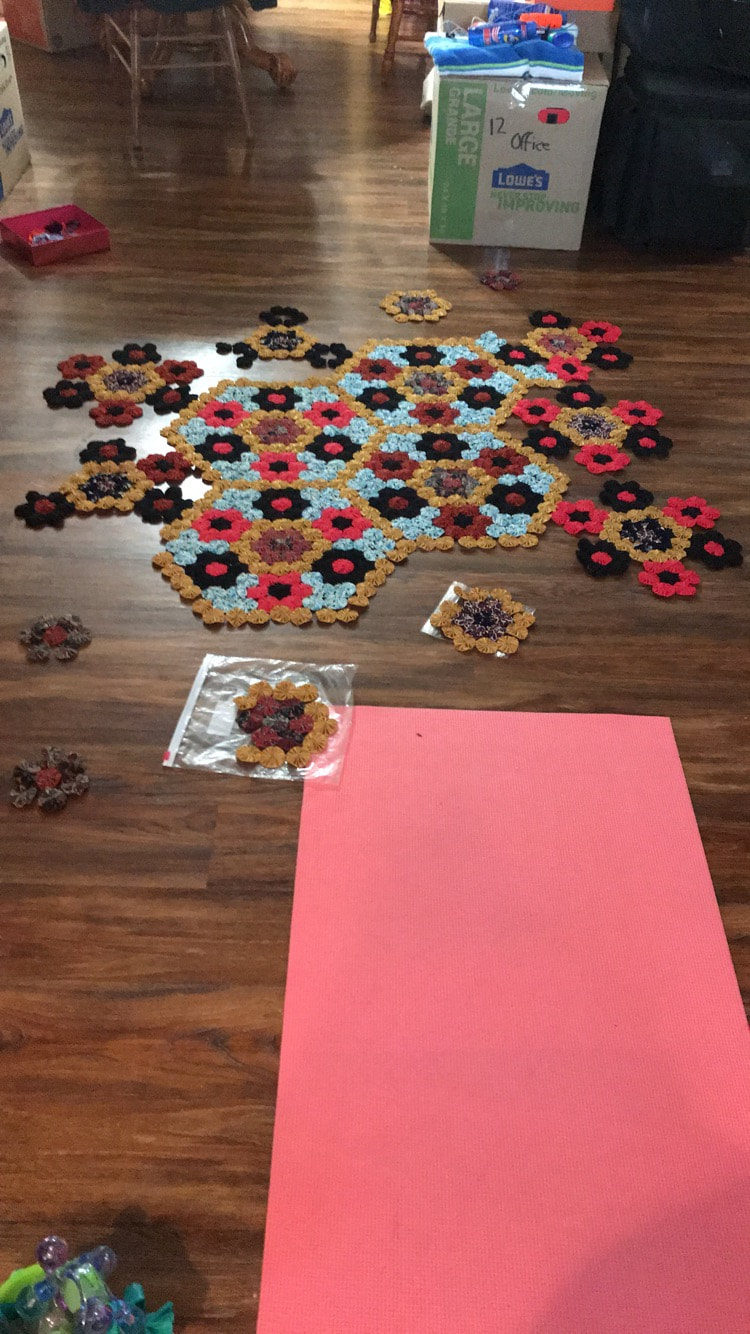
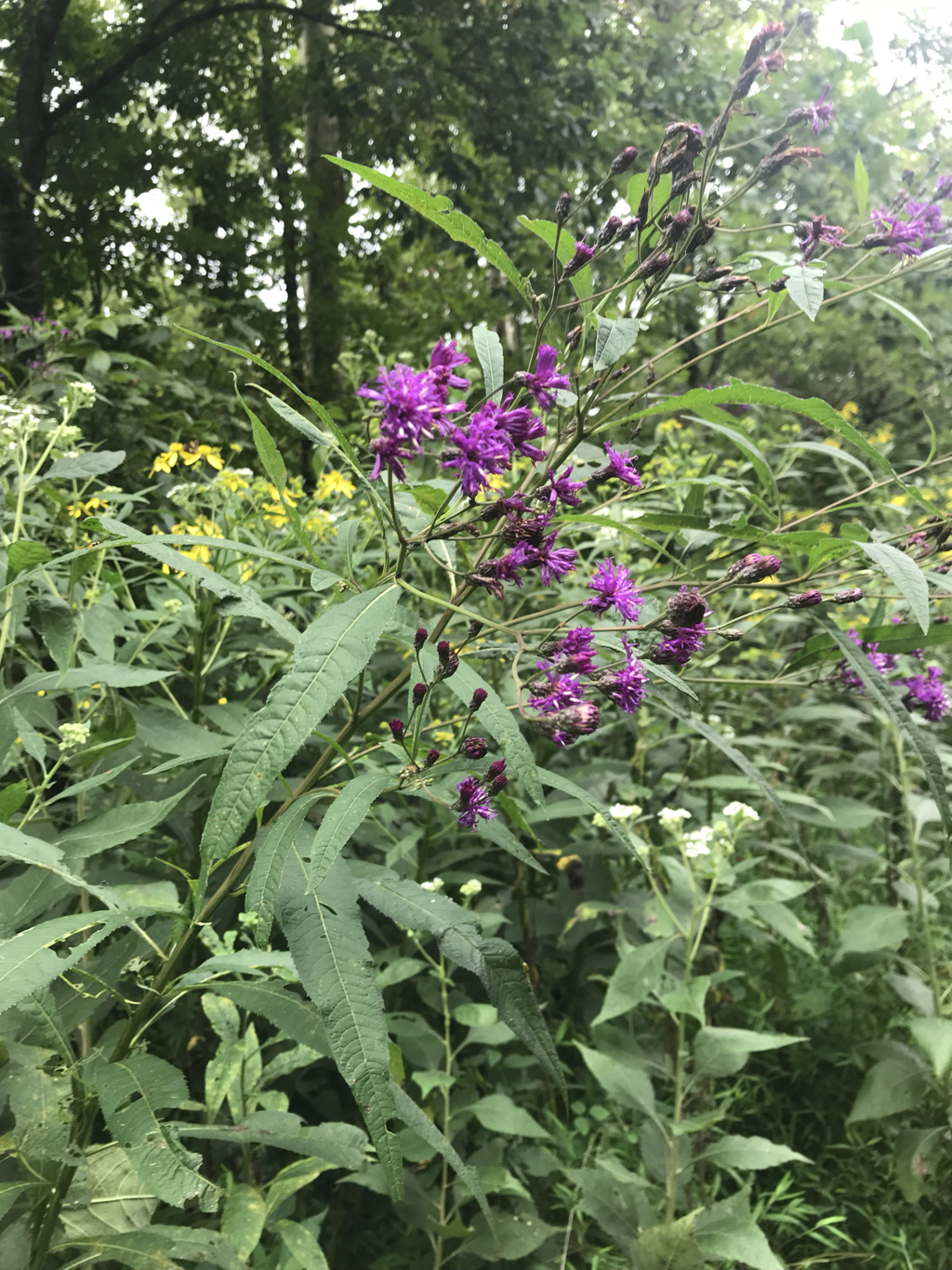
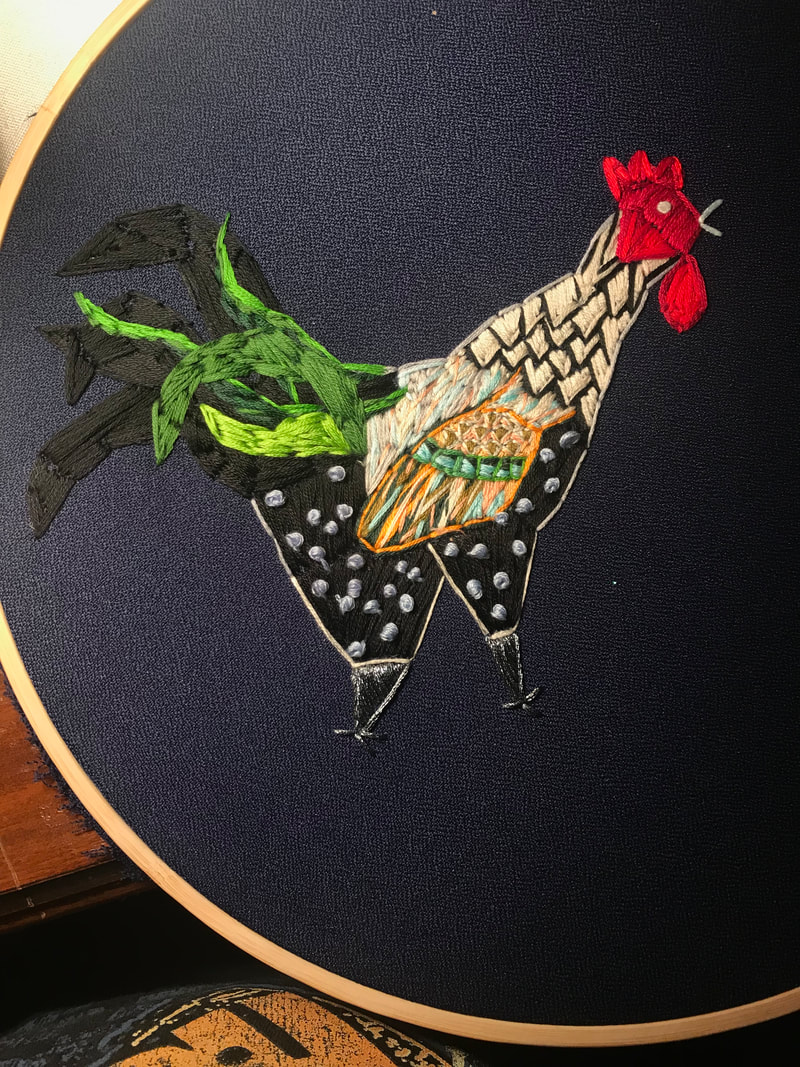
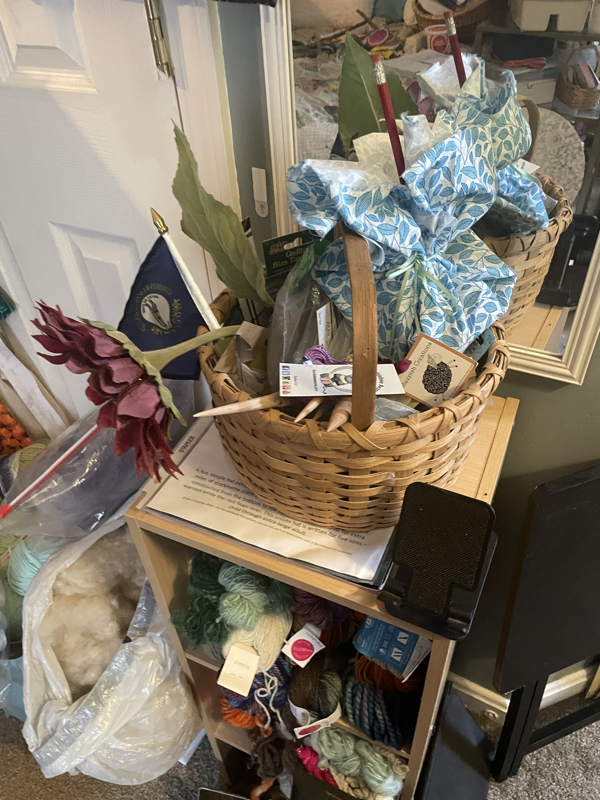
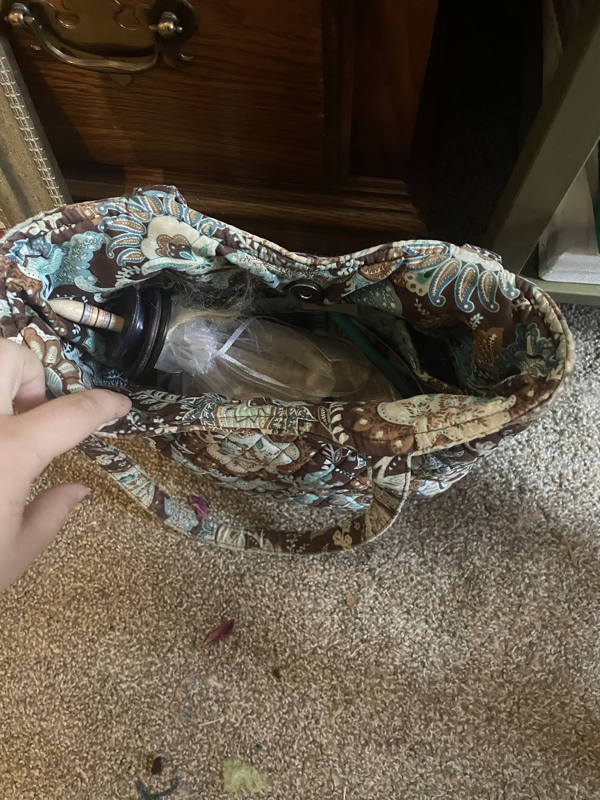
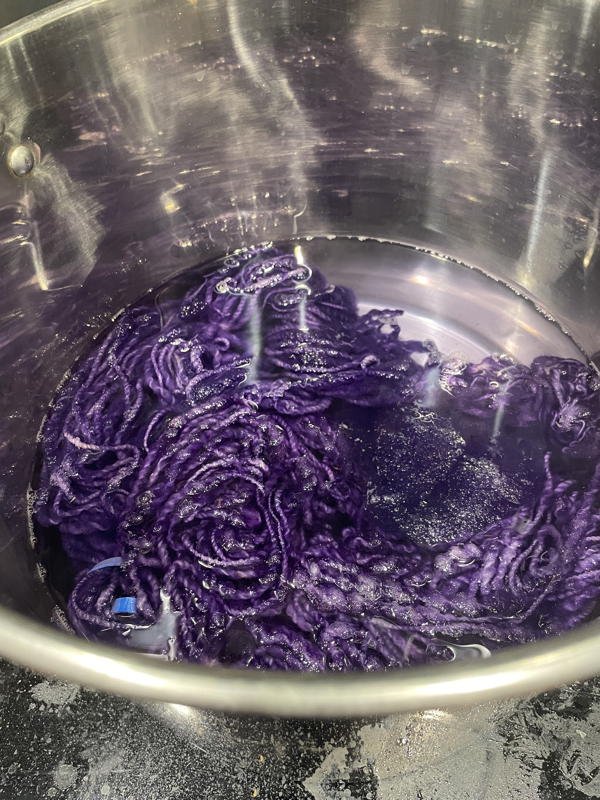
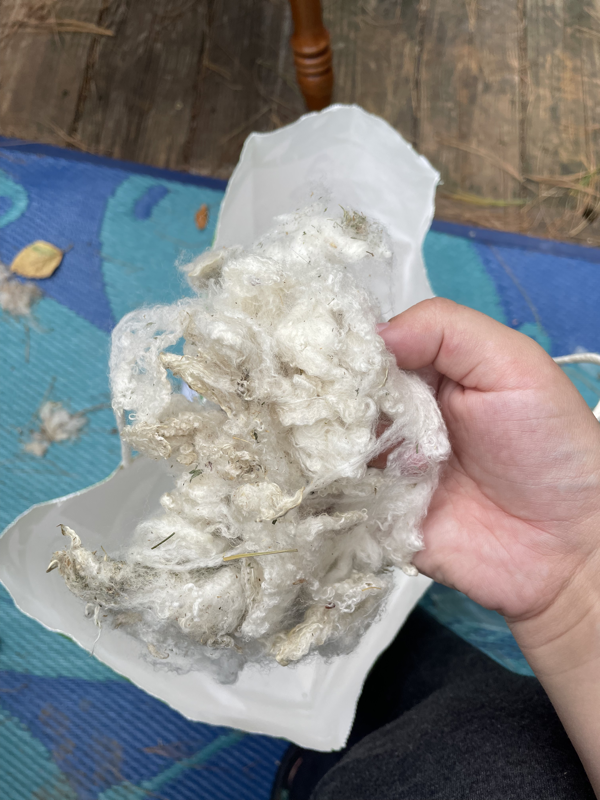
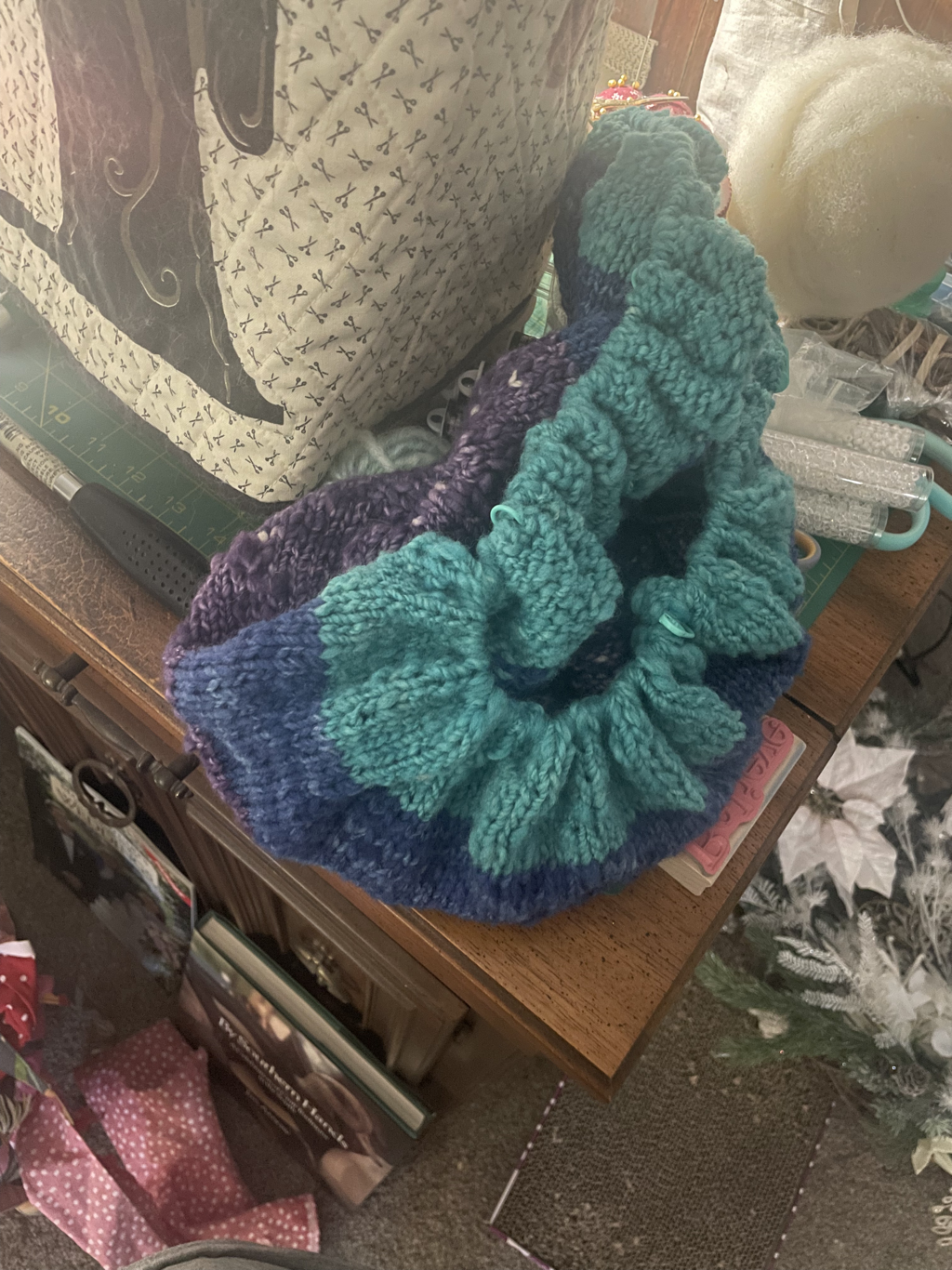
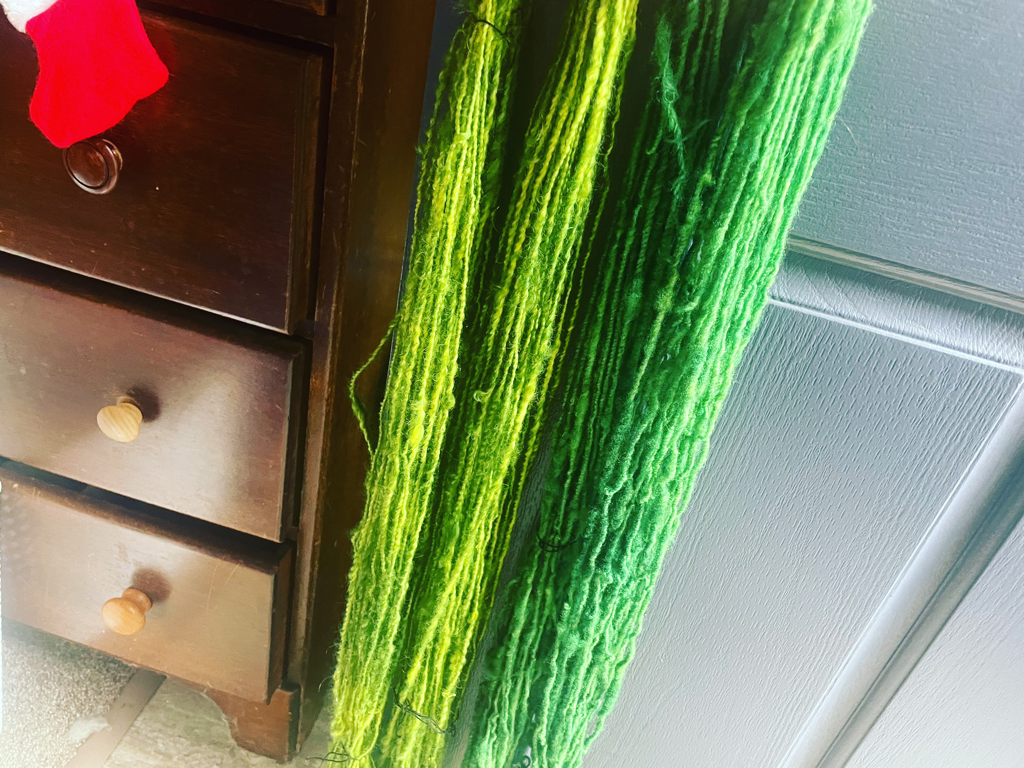
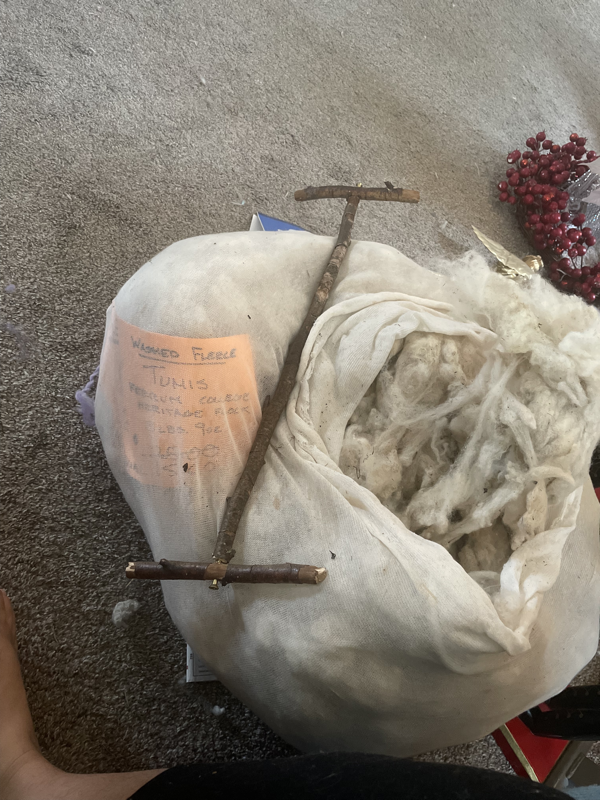
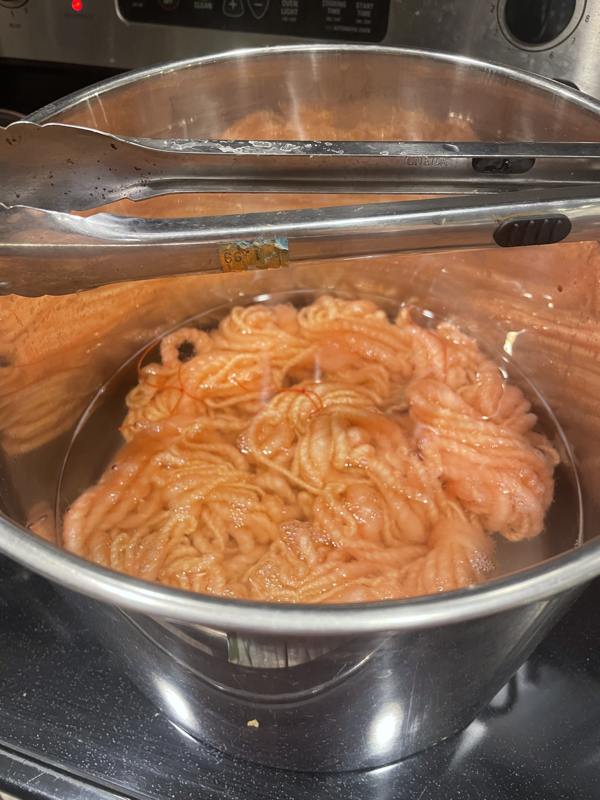
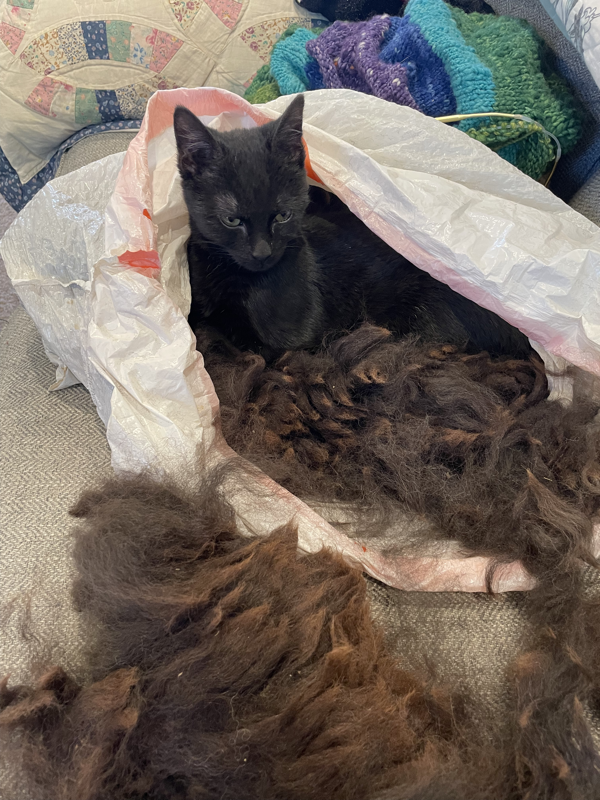
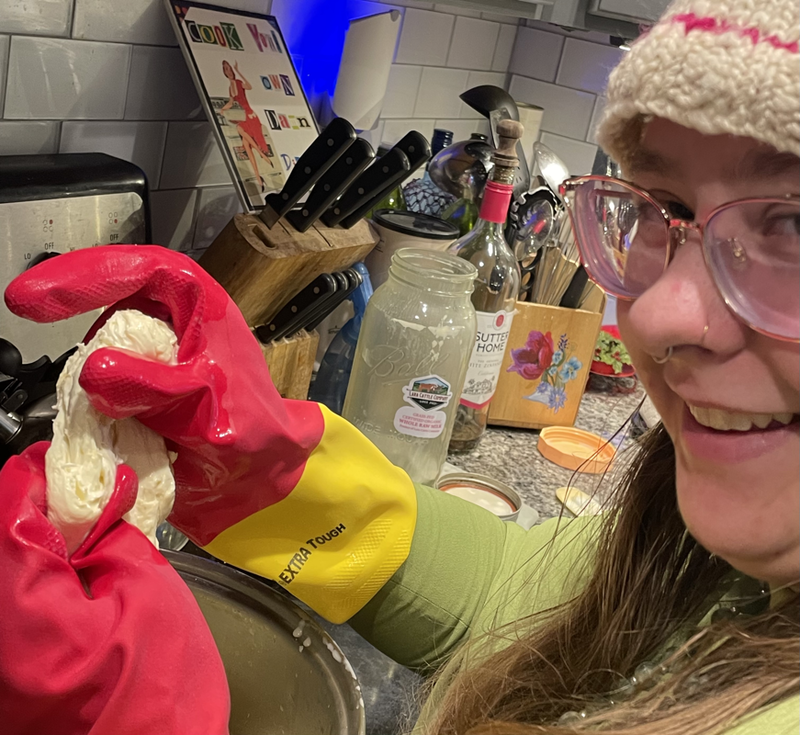
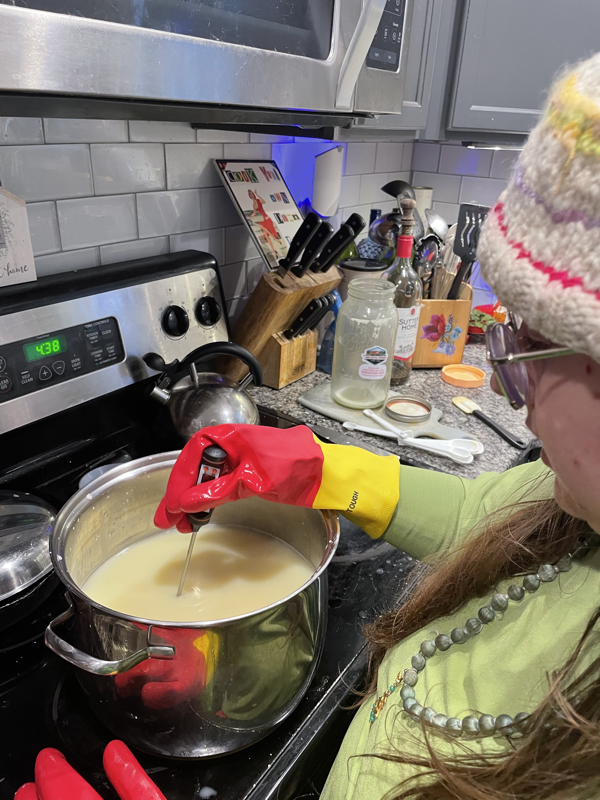
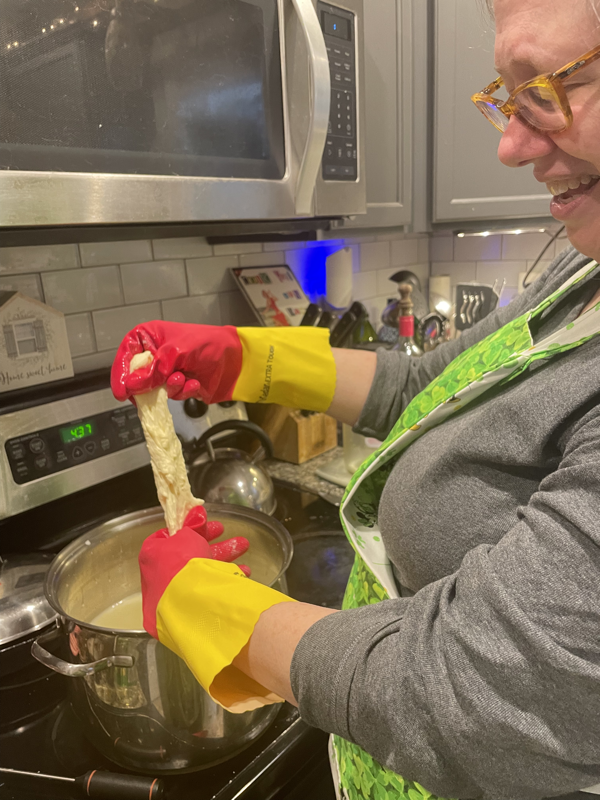
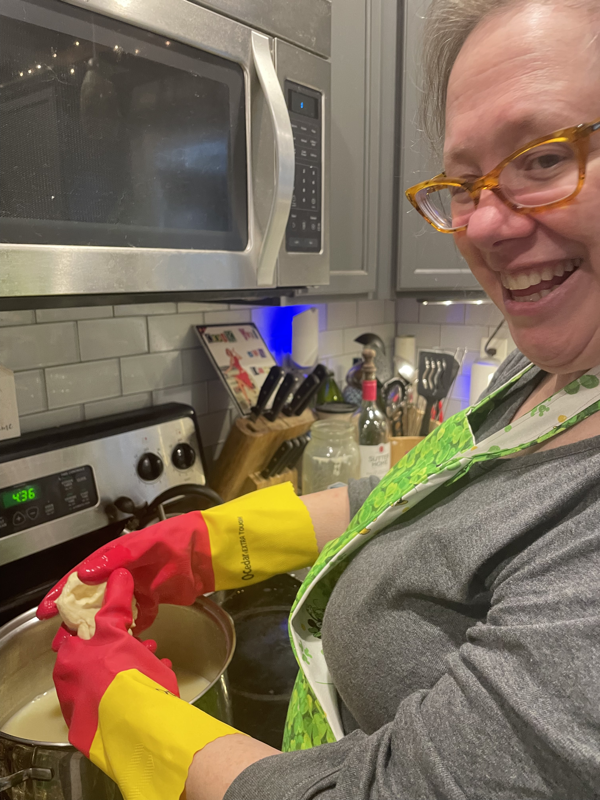

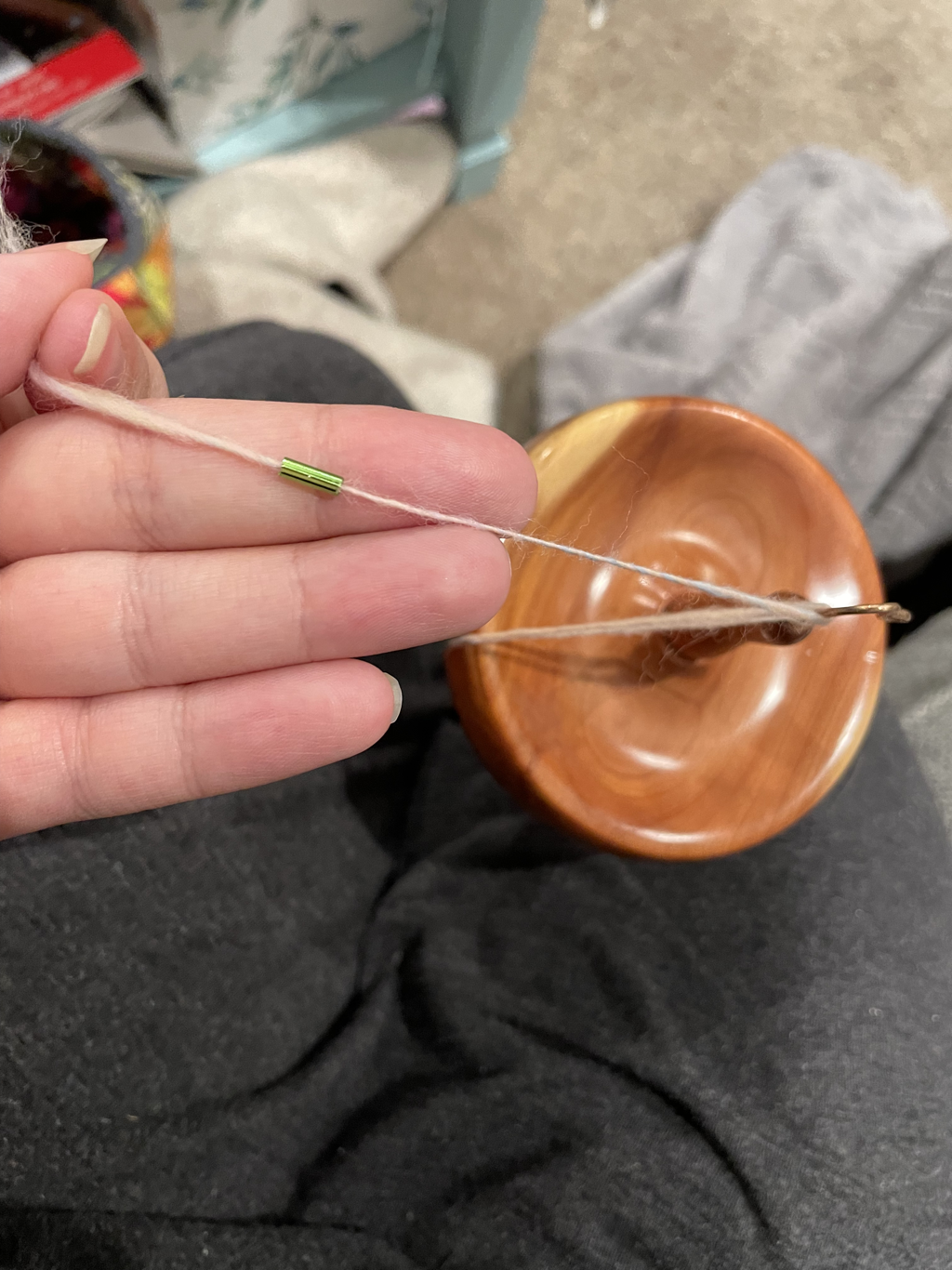


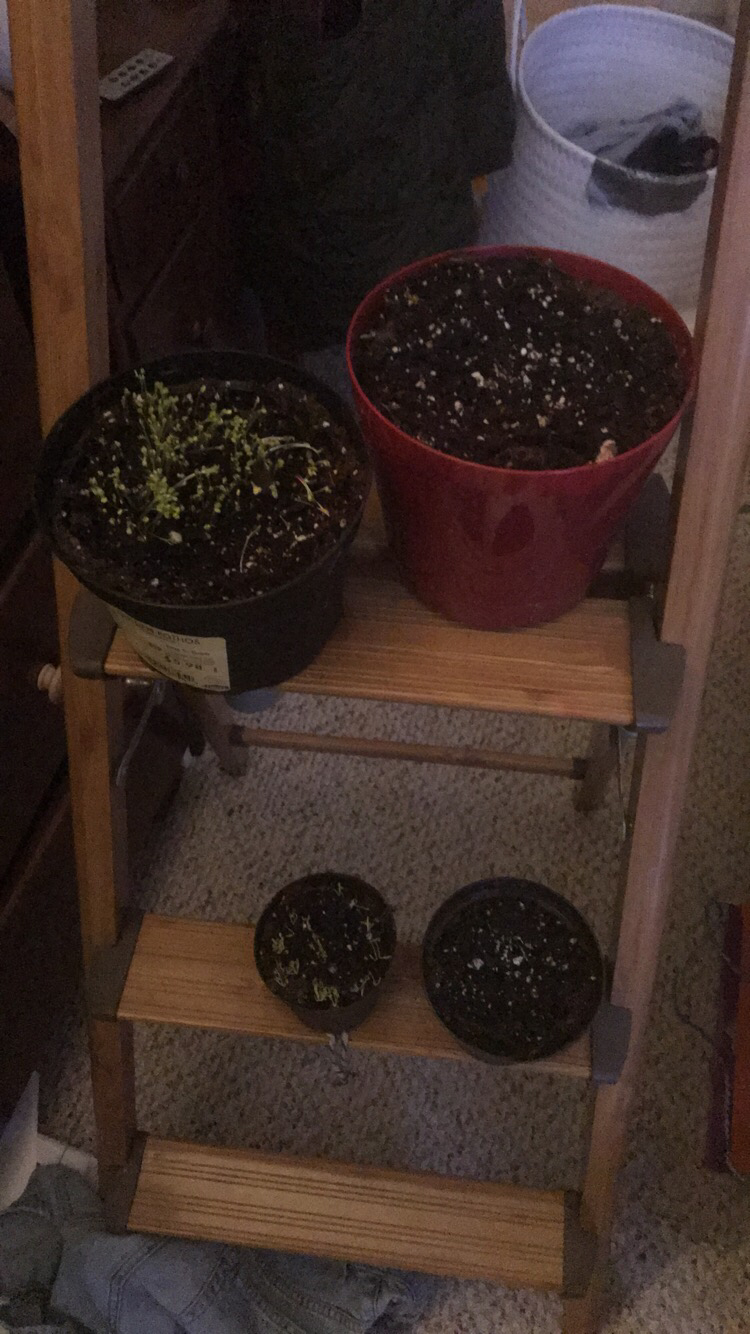

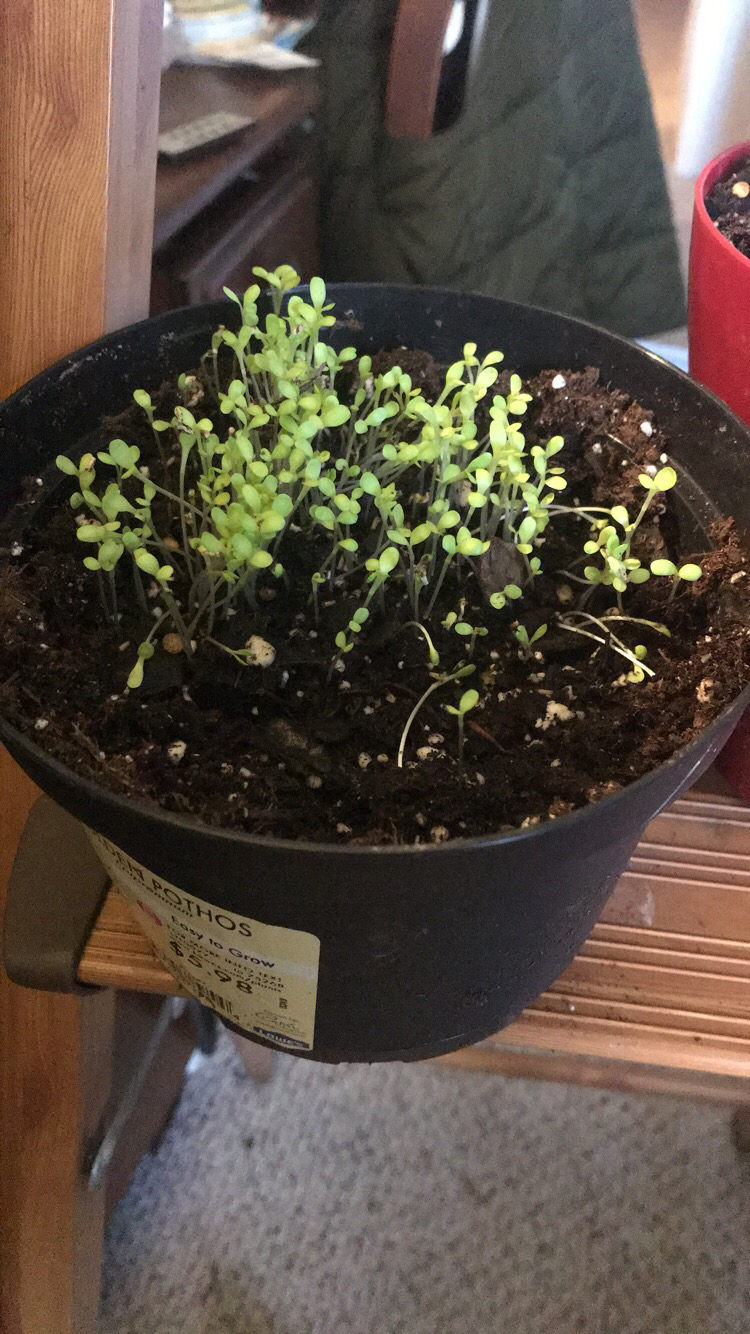
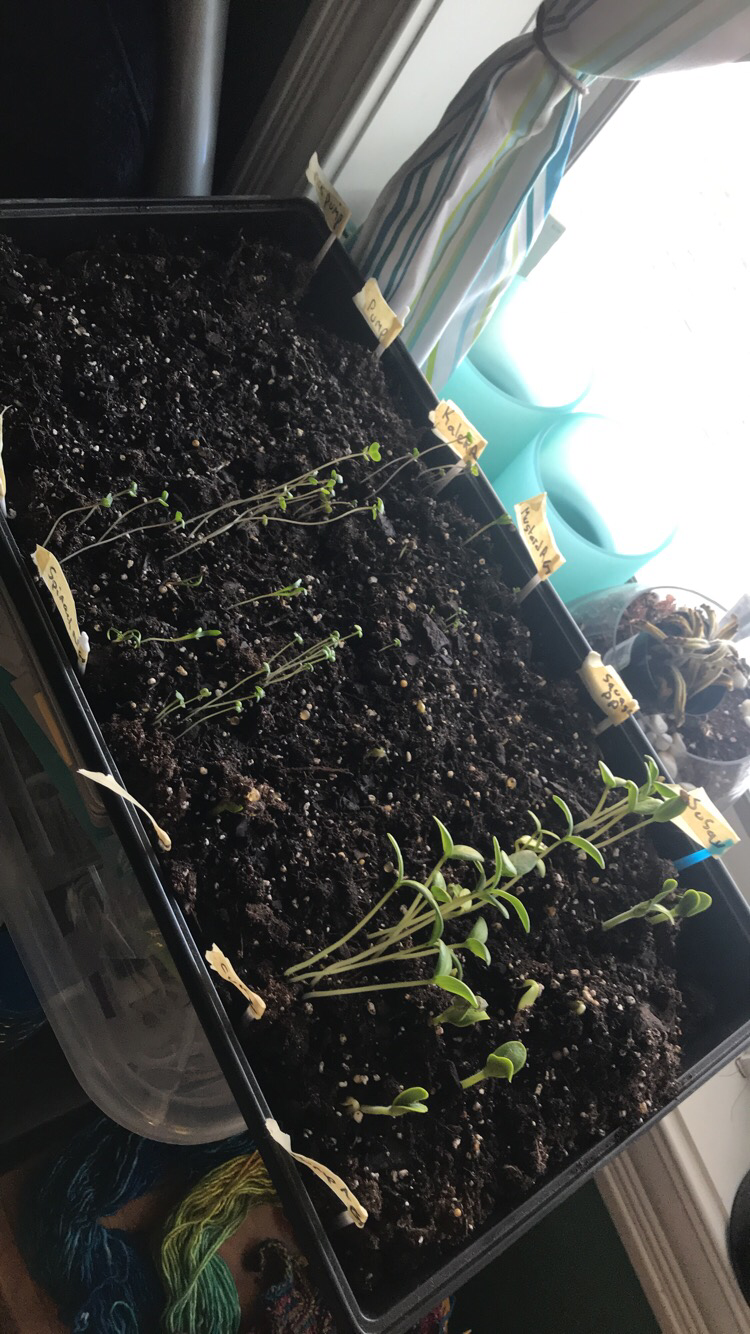

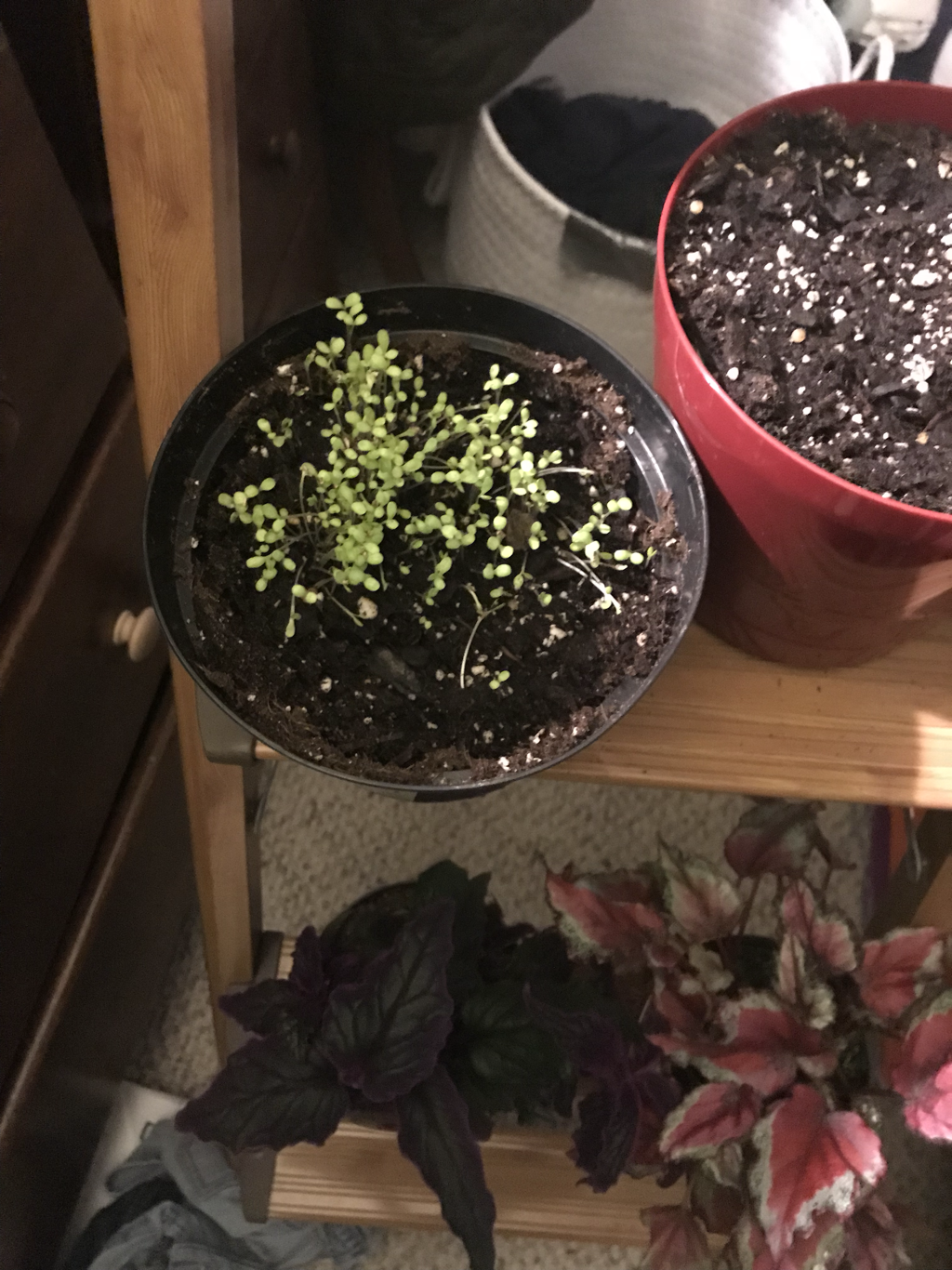
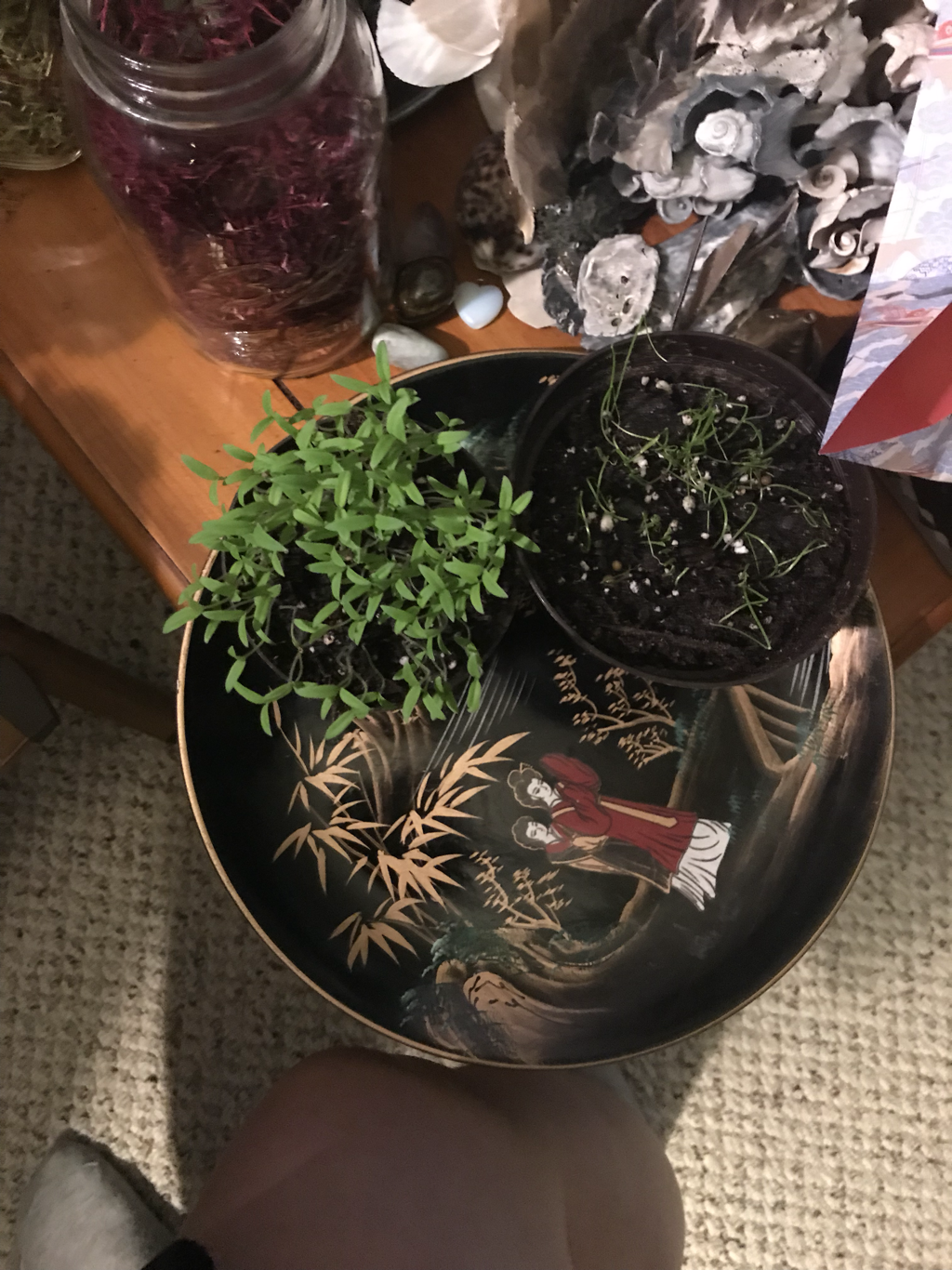
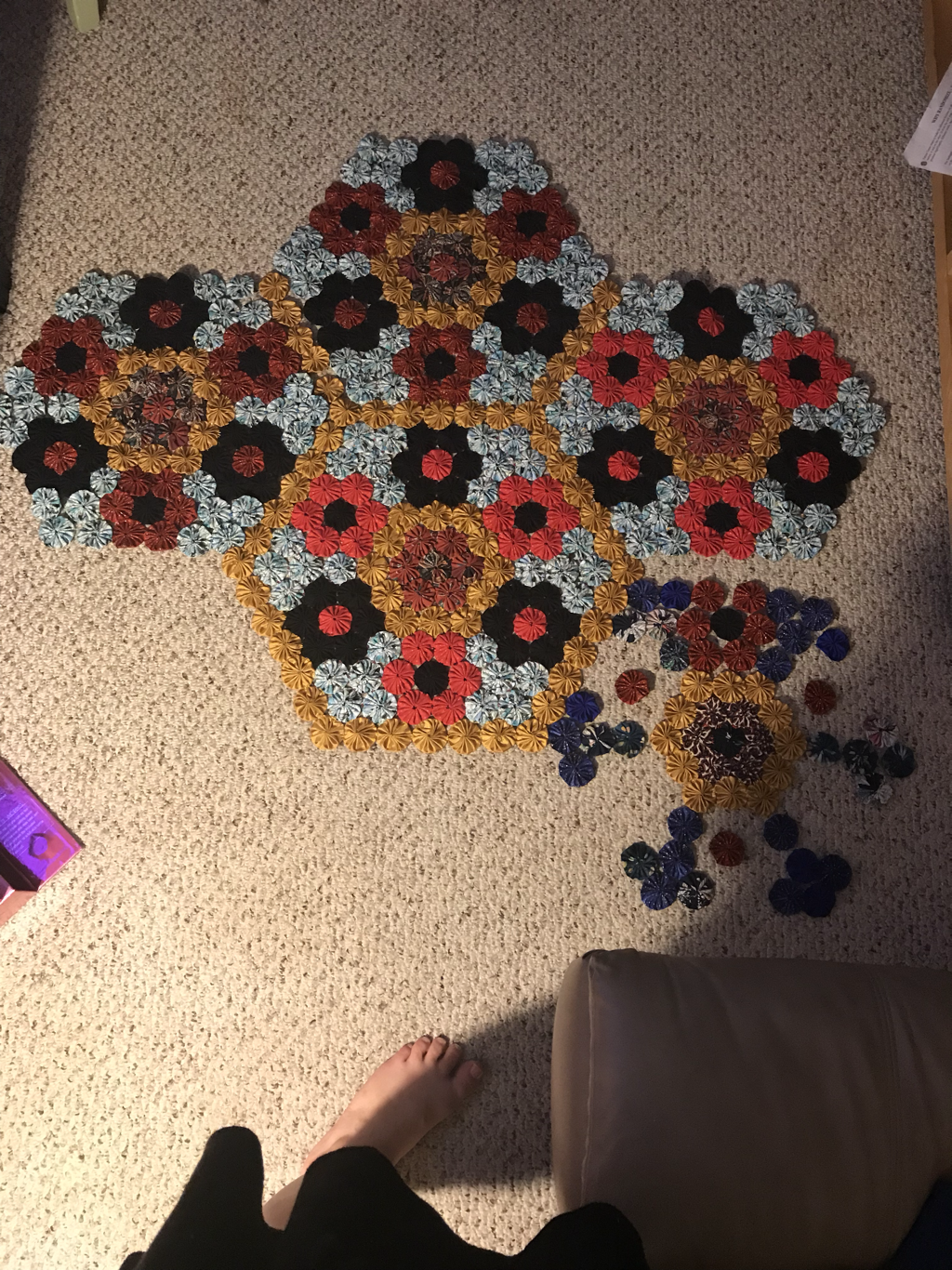
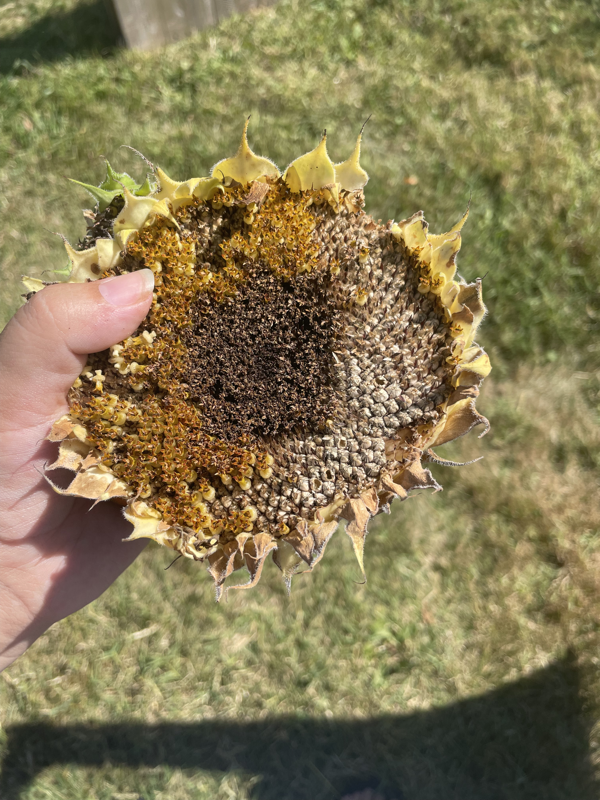
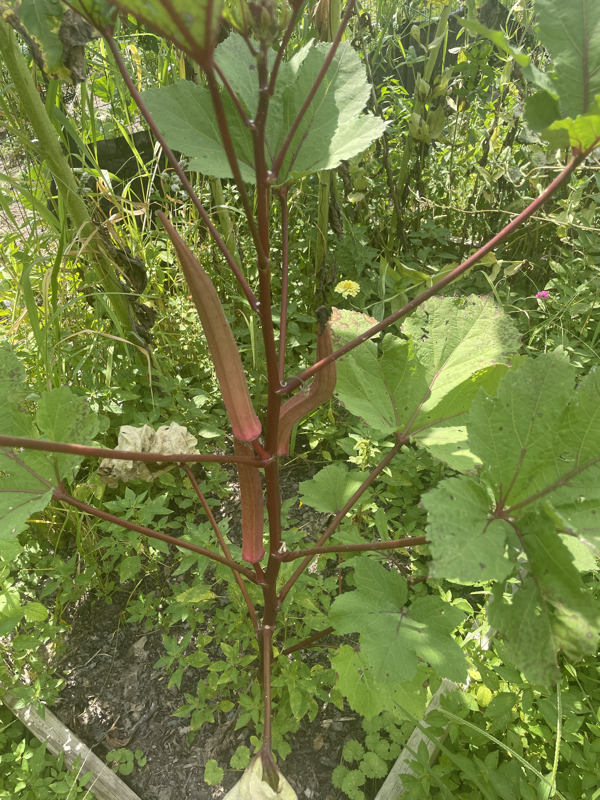
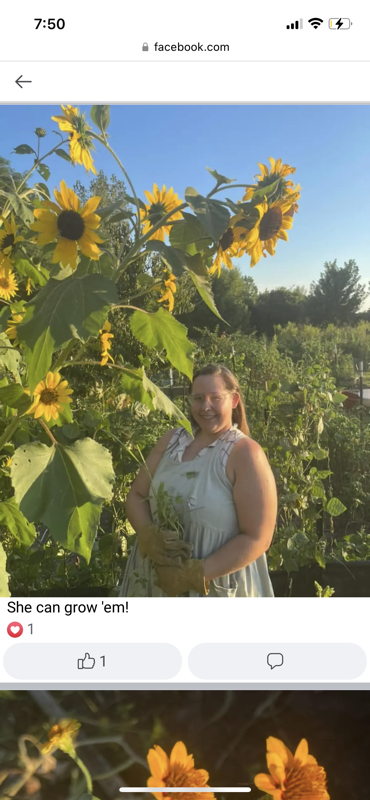
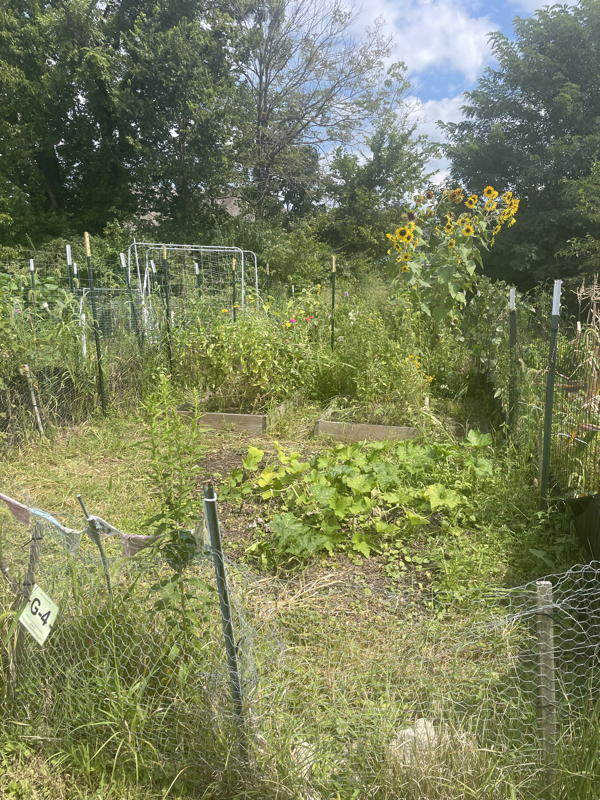
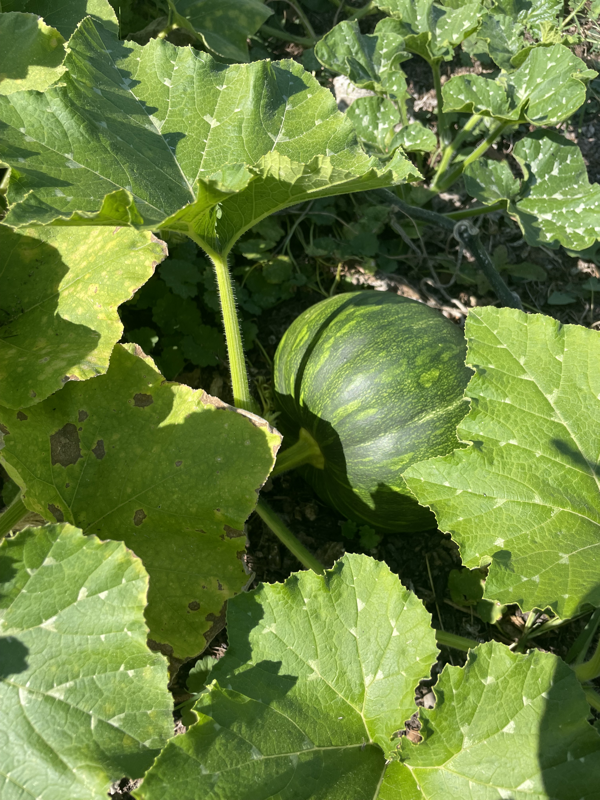
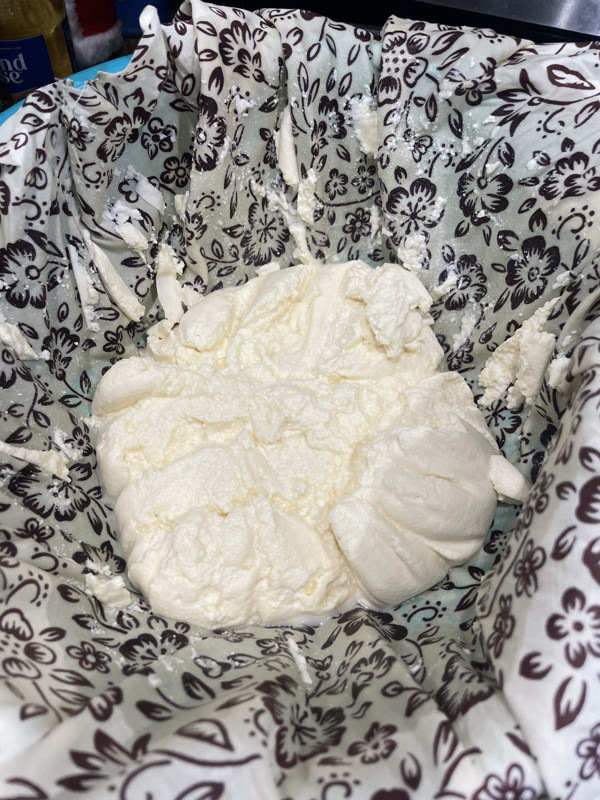
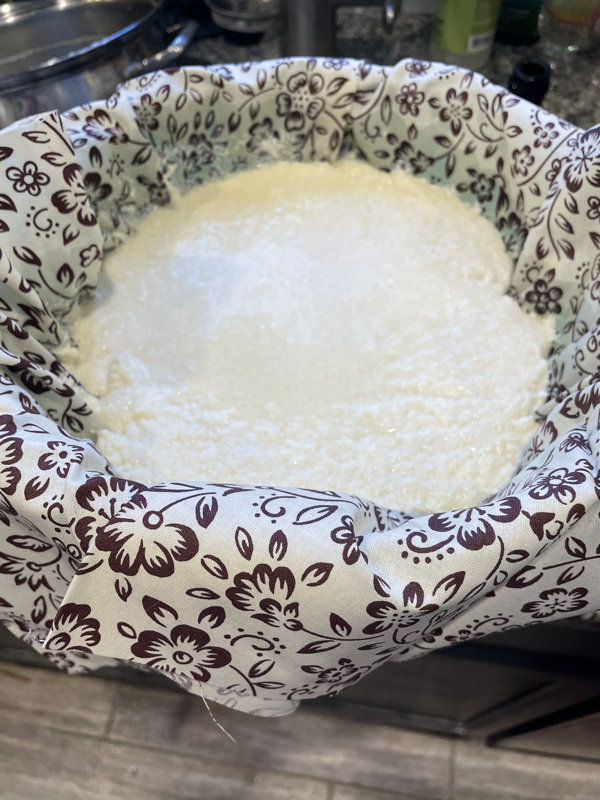
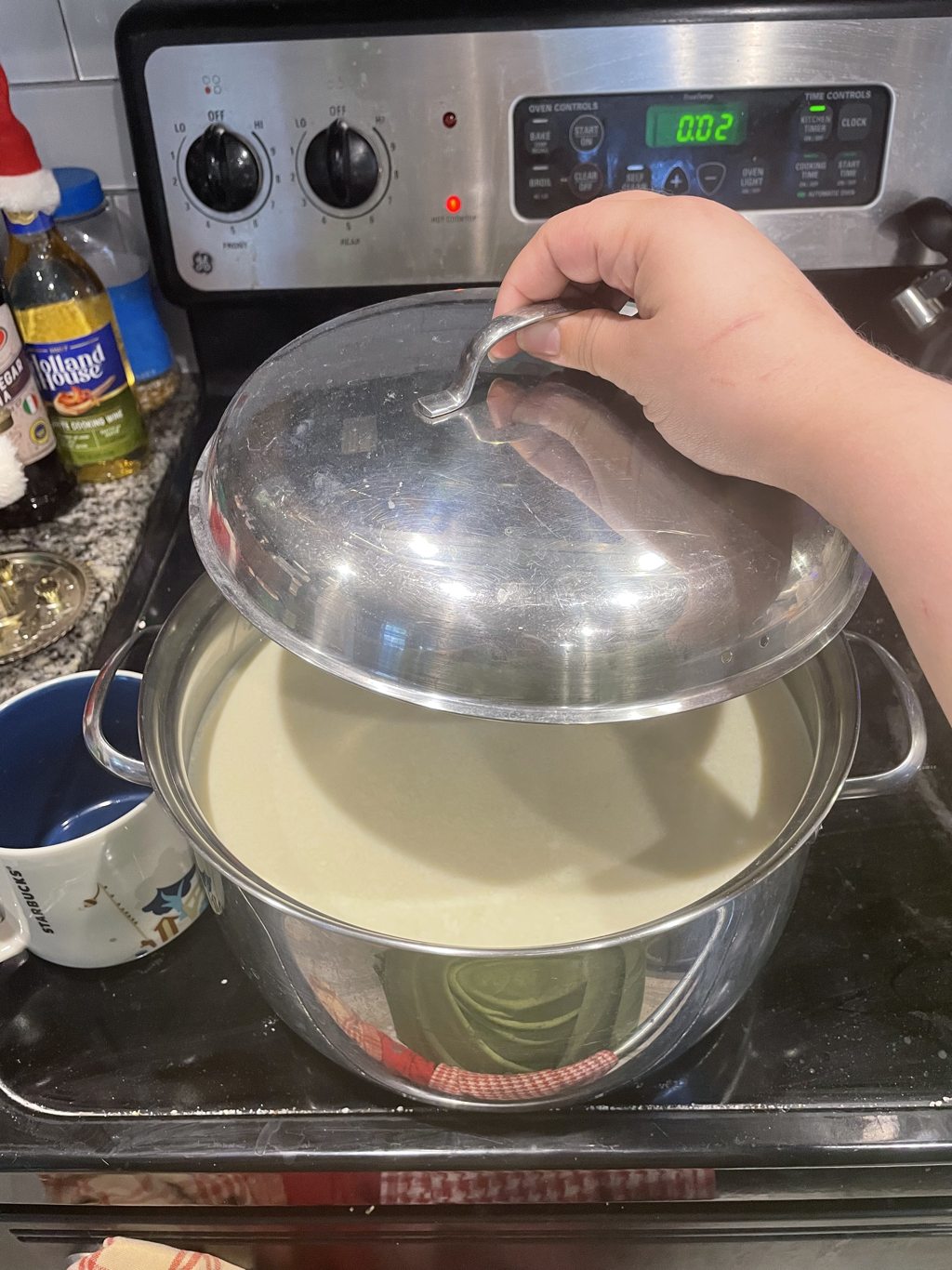
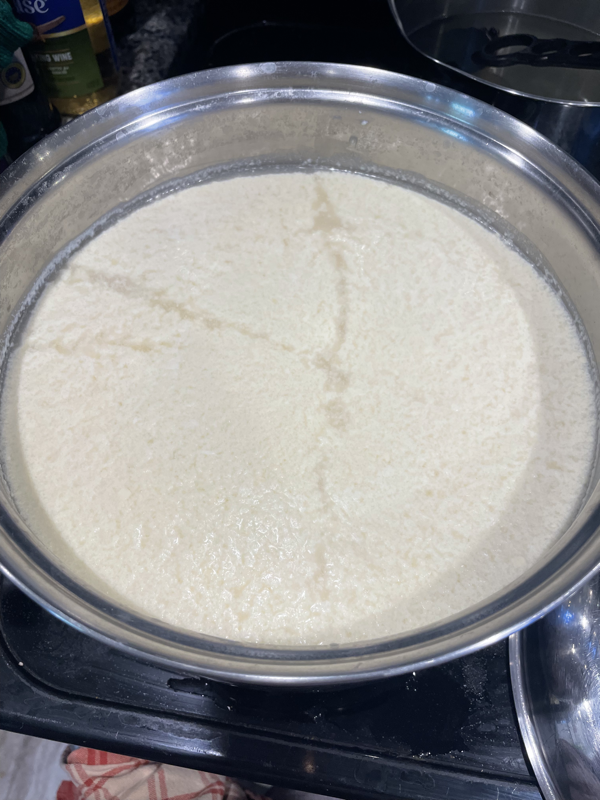
 RSS Feed
RSS Feed
